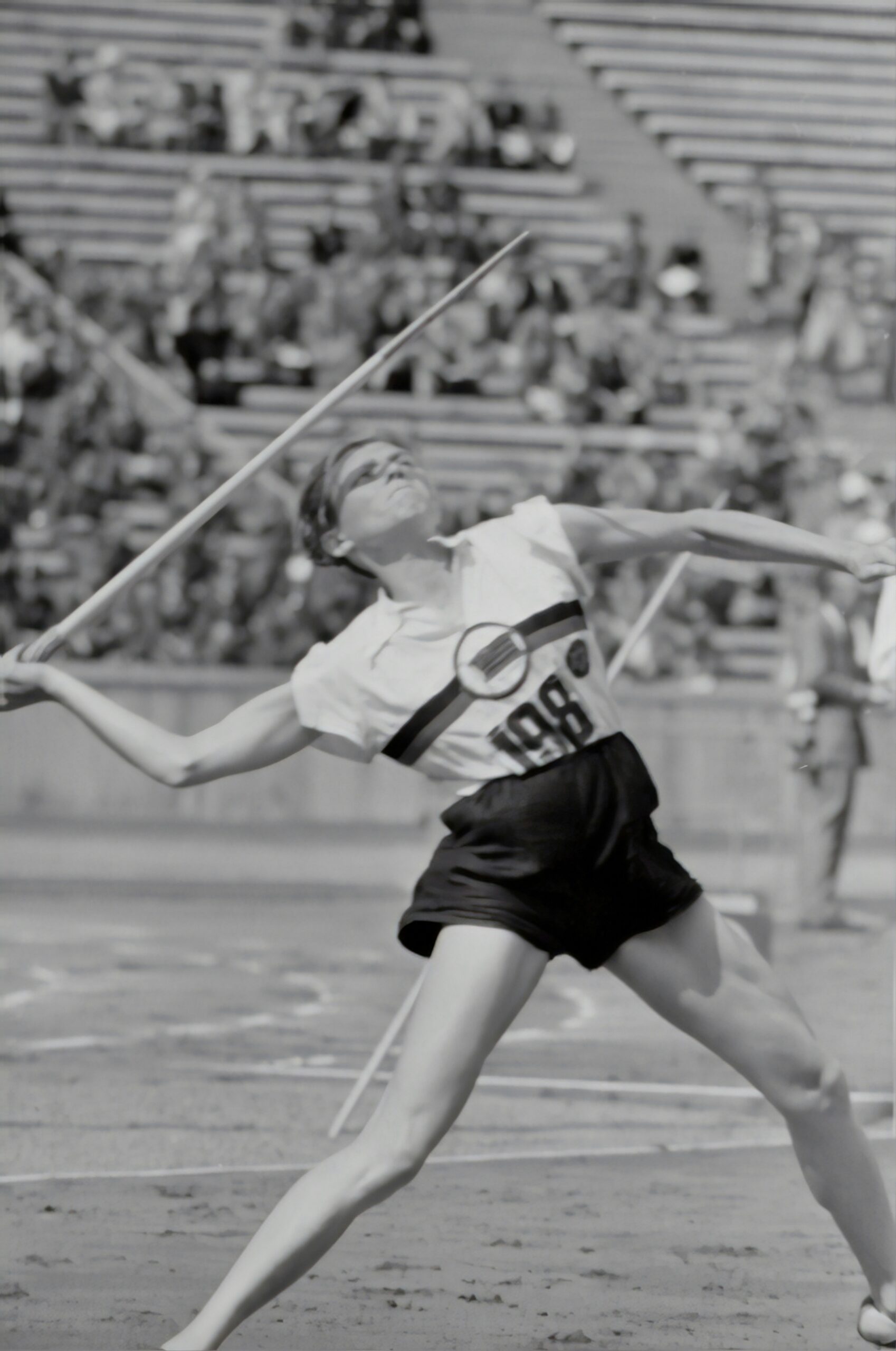Advancements in Sports Science
Introduction
Sports science has evolved significantly over the years, driven by advancements in technology, research methodologies, and a deeper understanding of human physiology. This interdisciplinary field combines elements of physiology, biomechanics, psychology, nutrition, and technology to enhance athletic performance, prevent injuries, and accelerate recovery.
Technological Innovations
Technology has revolutionized sports science, providing athletes and coaches with valuable insights and tools:
- Wearable Devices: Athletes now use advanced wearable sensors to monitor performance metrics such as heart rate variability, oxygen saturation, and biomechanical movements in real-time. These devices help in optimizing training regimes and identifying potential injury risks.
- High-Speed Cameras: Used extensively in biomechanical analysis, high-speed cameras capture detailed movements, enabling coaches to refine techniques and improve performance efficiency.
- Virtual Reality (VR) and Augmented Reality (AR): VR and AR are transforming training methodologies by simulating game scenarios and enhancing mental conditioning, improving decision-making skills under pressure.
Biomechanical Insights
Understanding the mechanics of human movement is crucial for optimizing performance and reducing injury risks:
- Motion Capture Technology: Systems like optical and inertial motion capture help in analyzing complex movements during training or rehabilitation, aiding in personalized coaching and injury prevention.
- Biomechanical Modeling: Computational models simulate forces on joints and muscles, offering insights into load distribution and improving equipment design for enhanced performance and safety.
Nutritional Strategies
Nutrition plays a pivotal role in athletic performance, recovery, and overall well-being:
- Personalized Nutrition Plans: Advances in genetic testing and metabolic profiling allow sports nutritionists to tailor diet plans to individual athletes, optimizing nutrient intake and energy levels.
- Supplementation: Evidence-based supplementation protocols are designed to support specific performance goals, such as muscle recovery, endurance, and hydration.
Mental and Psychological Support
The mental aspect of sports is increasingly recognized as critical to success:
- Sports Psychology: Techniques like visualization, mindfulness, and cognitive-behavioral therapy help athletes manage stress, enhance focus, and develop resilience.
- Performance Analytics: Data-driven approaches analyze psychological factors influencing performance, providing actionable insights for coaches and athletes.
Case Studies and Examples
Several notable examples highlight the impact of sports science advancements:
- British Cycling: Application of marginal gains theory and advanced aerodynamic testing contributed to Team GB’s cycling success in the Olympics.
- Golden State Warriors: Utilization of biomechanical data and sports analytics led to improved player conditioning and injury prevention strategies.
Conclusion
Advancements in sports science continue to redefine athletic capabilities, pushing boundaries and maximizing human potential. As technology evolves and interdisciplinary collaborations deepen, the future promises even greater achievements in sports performance, injury rehabilitation, and overall athlete well-being.






